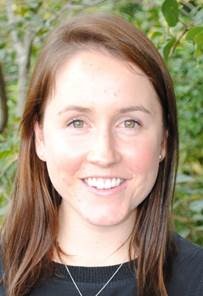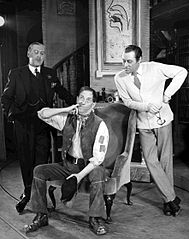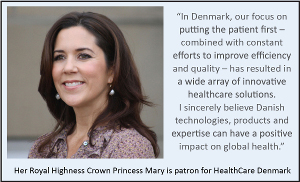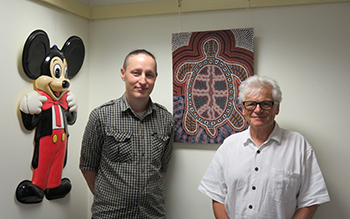
Intern chooses Northern Rivers and aspires to rural surgery
I arrived in Lismore in mid-2015 to begin a 12-month rural clinical placement for Medicine from the University of Wollongong, coordinated by the University Centre for Rural Health. In August 2016 , following exams, I returned, and took up an elective surgery placement and a pre-Internship placement at Lismore Base Hospital, completing this in November.
In January this year I began the Internship program at LBH, and am hoping to continue there as a Registrar. I chose this area because it was a part of NSW,I had never visited, yet had heard so much about. The North Coast is known for its eclectic mix of people, shops and artists. It is a vibrant and unique area, with beautiful beaches, national parks and waterfalls to explore. It sounded the opposite of my home town of Bowral, a quiet, conservative ‘sleepy’ place, dubbed by locals as the retirement village of Sydney. I thought that being in my mid-twenties it would be a good time to set sail to the winds.
- Details
- Written by: Dr Siobhan Clayton – Intern Lismore Base Hospital
Read more: Intern chooses Northern Rivers and aspires to rural surgery

General Practice Australia 2017 - Don't worry. Be happy.
"Why can't a woman be more like a man?", sang Rex Harrison in My Fair Lady, Lerner and Loewe's 1964 musical adaption of George Bernard Shaw's, Pygmalion.
It would seem poor advice for medical practitioners, however. In this issue of GPSpeak, Dr Jane Barker reports on the significance of the recent JAMA article showing patients of female physicians in American hospitals had a lower mortality rate and were less likely to be readmitted within the month. This finding adds to previous knowledge of differences between female and male medical practitioners.
- Details
- Written by: David Guest
Read more: General Practice Australia 2017 - Don't worry. Be happy.

Primary Care In Denmark
Overview
- Details
- Written by: David Guest

The Fourth Industrial Revolution
- Details
- Written by: David Guest

The importance of incremental care in general practice
GP1 registrars are beginning their first term in general practice training. While some will have had experience in the GP setting during their student years, a greater number will have been engaged predominantly in hospital training and had relatively little exposure to the GP environment.
Feedback indicates that transitioning from RMO placement in the supportive hospital environment, characterized by ample resources such as medical specialist skills and technology, to the primary care setting can be daunting. The registrars need to be more self-reliant on clinical skills and on developing an ability to understand a patient’s psychosocial background, family history and lifestyle practices.
Consider the difference between working in an emergency department and a general practice. In ED the requirement, often under significant time pressure, is to work out a diagnosis and treatment plan and decide whether to admit or not. In general practice a more incremental style is needed. This entails participating in a continuum involving a number of visits that may be required to diagnose and develop a management plan.
- Details
- Written by: Andrew Binns
Read more: The importance of incremental care in general practice
Page 118 of 177















